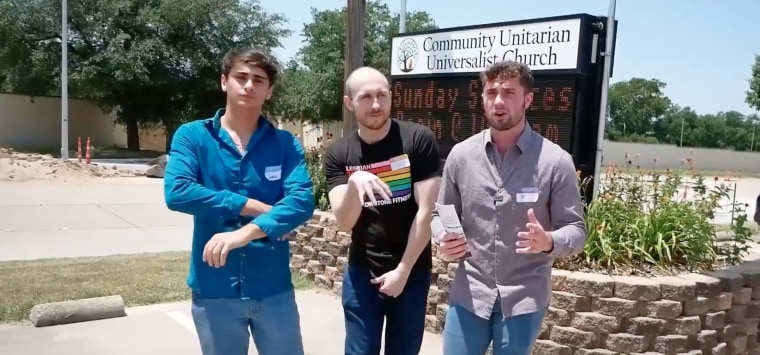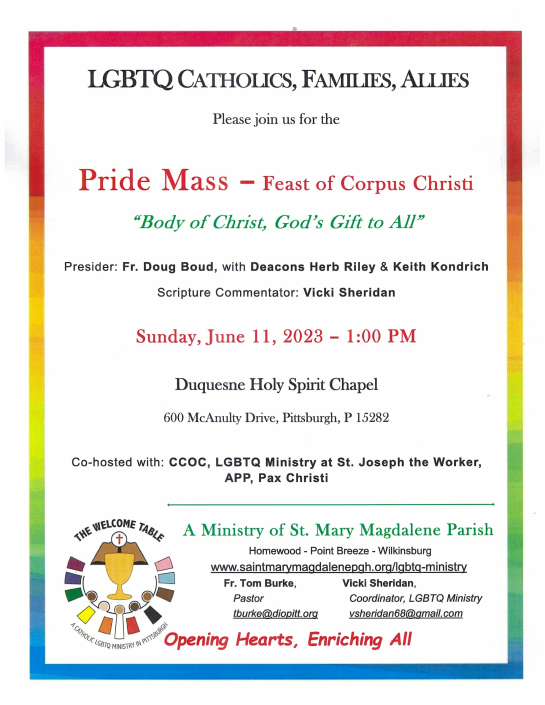Catholic schools tell trans kids to act like “their biological sex”
Catholic schools in Worcester, Massachusetts have issued a new policy that orders students to use their names and pronouns assigned at birth and conduct themselves in a manner “consistent with their biological sex,” according to a statement issued by the local diocese on August 15.
The policy affects more than 5,000 students in 21 schools in the city 45 miles west of Boston.
While the guidance claims that bullying and harassment based on sexual orientation or gender identity “will not be tolerated,” the policy goes on to say that “students may not advocate, celebrate or express same-sex attraction in such a way as to cause confusion or distraction in the context of Catholic school classes, activities or events.”
“We do not serve anyone’s greater good by falsifying the truth, for it is only the truth that frees us for the full life that God offers to each of us,” the diocese said.
The strict guidance stands in contrast to the spirit of statements issued by Pope Francis, who has asked “Who am I to judge?” when questioned about gay priests in the church.
Earlier this year, Pope Francis said, “Being homosexual isn’t a crime.”
Despite those sentiments, the diocese quotes Francis to argue in favor of the discriminatory policy.
“As Pope Francis notes, we must always respect the sacred dignity of each individual person, but that does not mean the Church must accept the confused notions of secular gender ideology.”
The new policy was approved by Bishop Robert J. McManus, well-known in Worcester for his religious orthodoxy.
Last year, McManus gained national attention for stripping the Jesuit-run Nativity School of Worcester of its Catholic designation after leaders there refused to lower Black Lives Matter and Pride flags.
The school serves primarily low-income boys of color in grades five through eight.
McManus argued in an open letter that the sentiments associated with the flags were “contrary to Catholic teaching.”
According to McManus, the Black Lives Matter banner had been co-opted by “factions which also instill broad-brush distrust of police and those entrusted with enforcing our laws,” while the Pride flag contradicted Catholic teaching that marriage is between a man and a woman.
Flying the two flags sent “a mixed, confusing and scandalous message to the public about the Church’s stance on these important moral and social issues,” the letter read.
In Worcester, Joshua Croke, president of LGBTQ+ nonprofit Love Your Labels, called the bishop’s new policy both unsurprising and harmful.
“He has a long history of anti-LGBTQ practices and positions,” Croke told The New York Times.
The doctrinaire policy is an order for kids to “stay in the closet,” Croke said.

